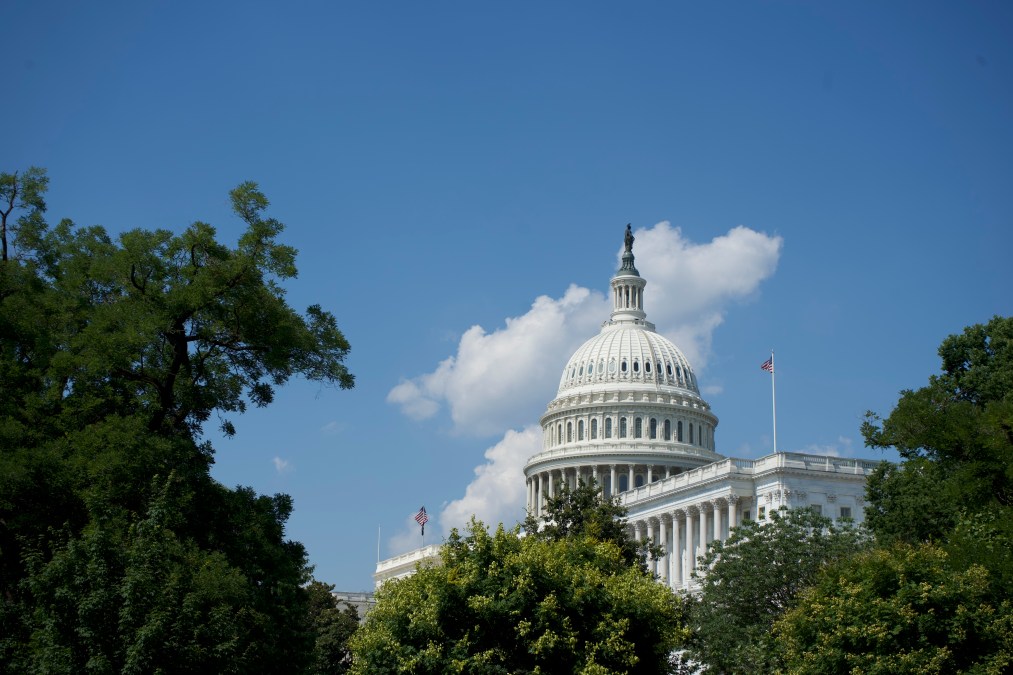House announces new AI policy establishing guardrails, approval process

The Committee on House Administration and Office of the Chief Administrative Officer announced the implementation of a new House-wide policy Thursday for the safe deployment of artificial intelligence tools by member and institutional offices.
That policy, which was not released in full, “provides a framework for the expanded use of AI in the House,” according to an overview from the CAO. It also establishes guardrails and principles to guide members and offices and includes a process by which the Administration Committee — known as CHA— and CAO will approve AI tools for use cases.
Implementation of the policy comes as there’s been some, though seemingly limited, experimentation with the AI-based tools by lawmakers’ offices in both chambers. Similar to guidance established by executive agencies, the policy appears to strike a balance between permitting uses that could bring efficiencies while ensuring those uses are safe, responsible and secure.
“The policy is based on a reliable framework which will continue to evolve as AI technology continues to develop,” Chief Administrative Officer Catherine Szpindor said in a written statement in the release. “The policy is to assist Members and staff to safeguard potentially sensitive information while also empowering them to leverage AI to better serve the American people.”
Szpindor praised the CAO Cybersecurity team for its work with the CHA to create the policy.
Also in statements provided in the release, CHA Chairman Bryan Steil, R-Wis., said that “the House will become more effective and innovative” with the new policy, and Rep. Joe Morelle, D-N.Y., the panel’s ranking member, said it “provides a strong foundation to begin safe use in the House.”
Under the new approval process, the CAO will review AI tools for “defined use cases” and the CHA will approve them. That process is intended to help “offices to reduce the security and privacy risks associated with AI,” according to the CAO overview.
In addition to guardrails and principles, the policy also outlines permissible and prohibited use cases. It also provides “a foundation for Members to use approved AI tools which are aligned to authorized use cases or are permitted under their office’s inter AI use policy,” the outline said.
The policy became effective Aug. 28, as approved by the CHA.
In response to a FedScoop request for additional details about the approval process, permitted and prohibited use cases, and security and privacy policies, a spokesperson for the CHA said: “Right now, the CAO and CHA are focused on generally permissible use cases. CHA regularly collaborates with the CAO to discuss new use cases. We have a robust foundation that we are constantly building on. As an example, the generally permissible use cases are managing scheduling requests, translation, and transcription services. We cannot share any information related to security and privacy.”
The office of the CAO told FedScoop in a statement that when it comes to reviewing use cases, the policy takes “a risk-based approach.”
“The CAO will not be recommending approval of AI for sensitive data or processes for the foreseeable future. However, we will learn from lower risk data sets as the technology evolves and matures,” the office said in the statement.
Additionally, the office disclosed that some AI tools are in the process of being reviewed.






